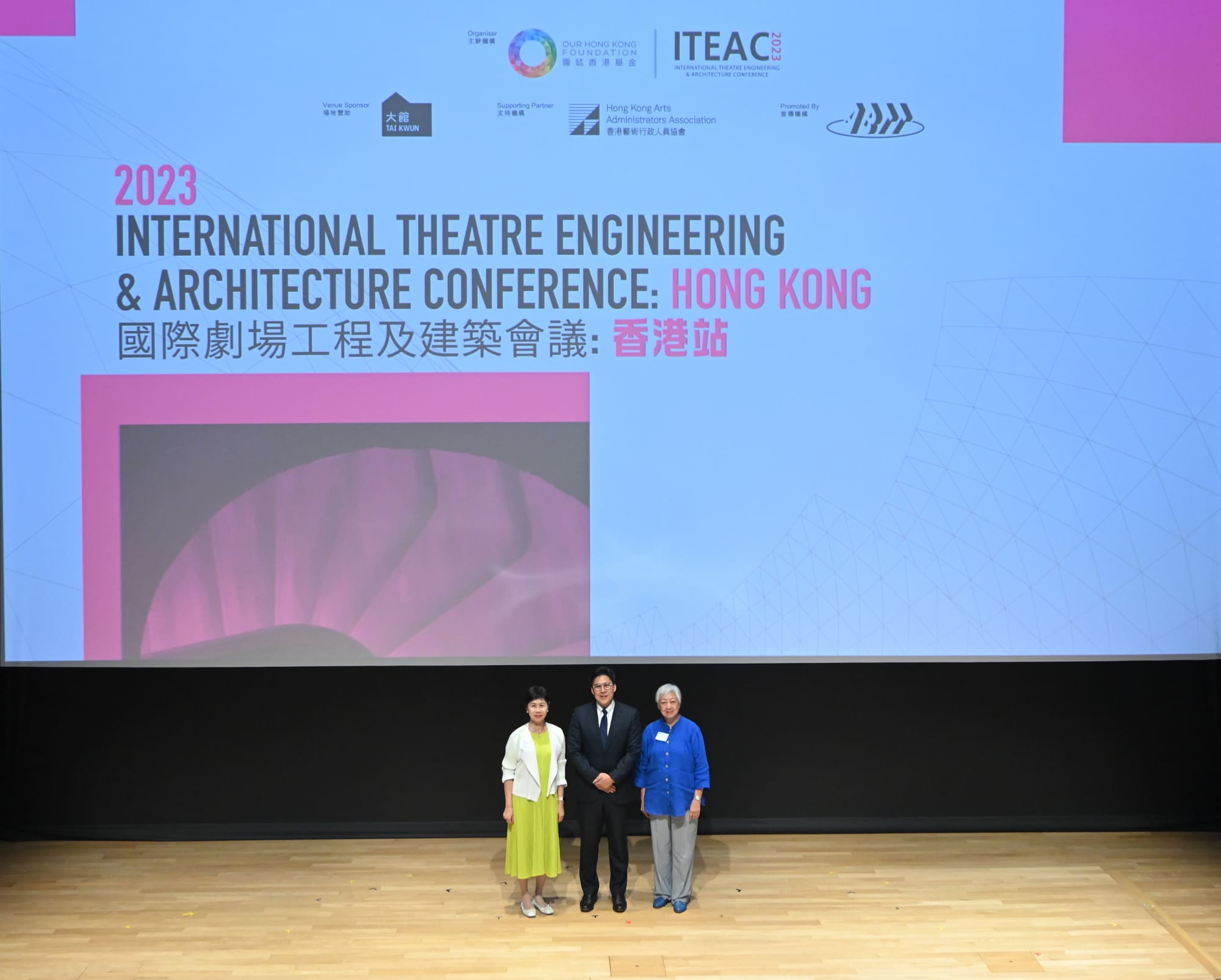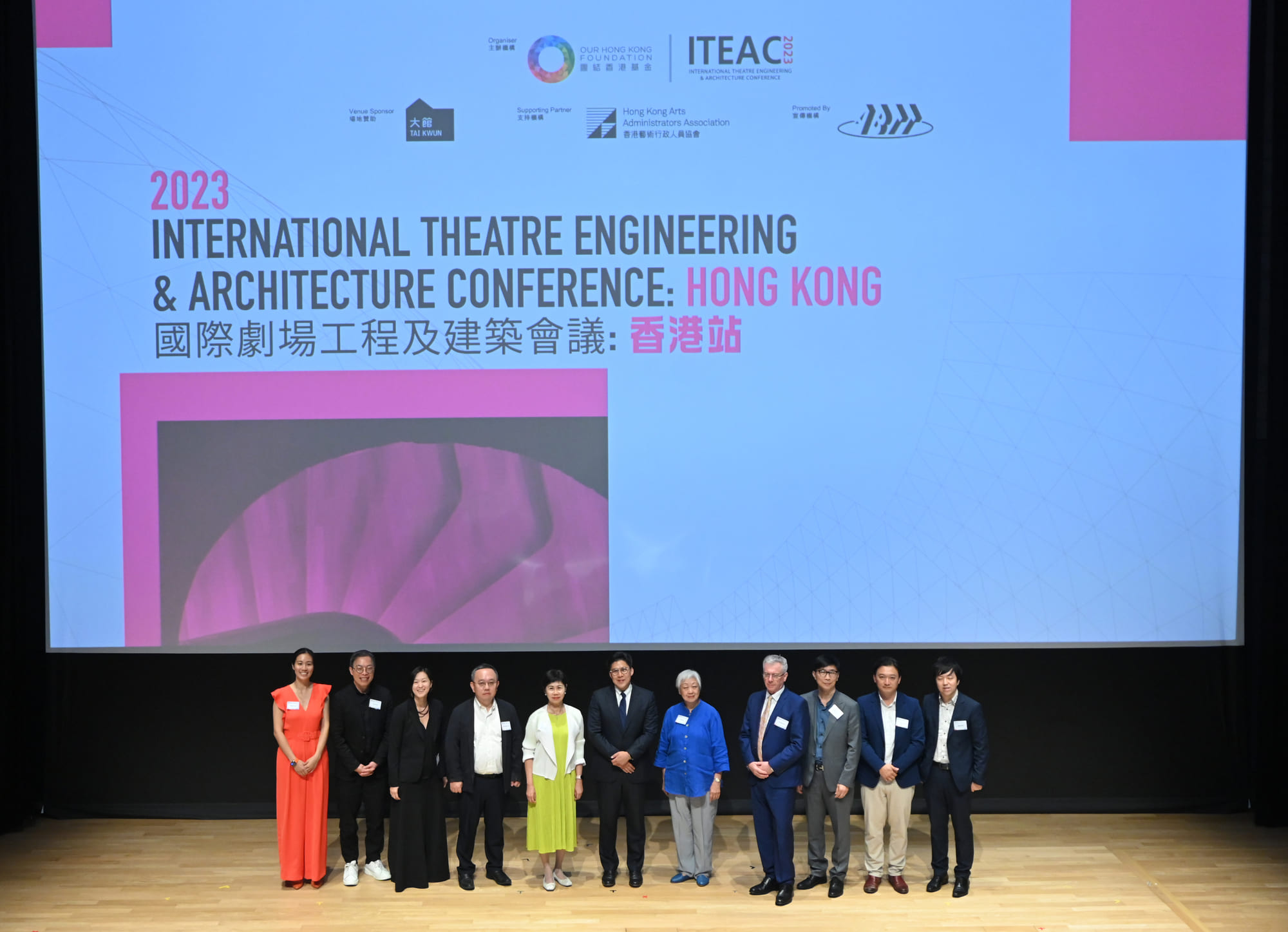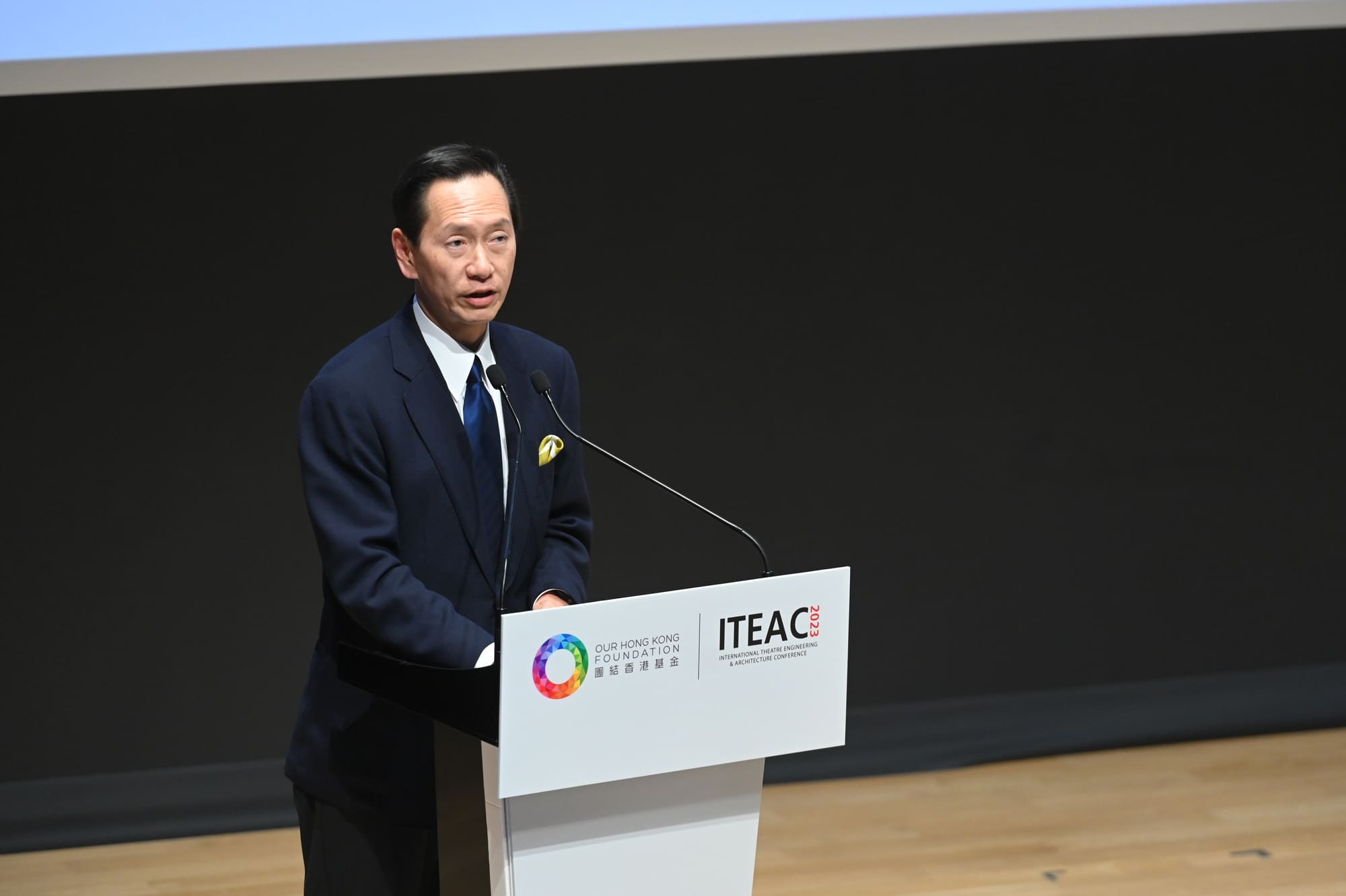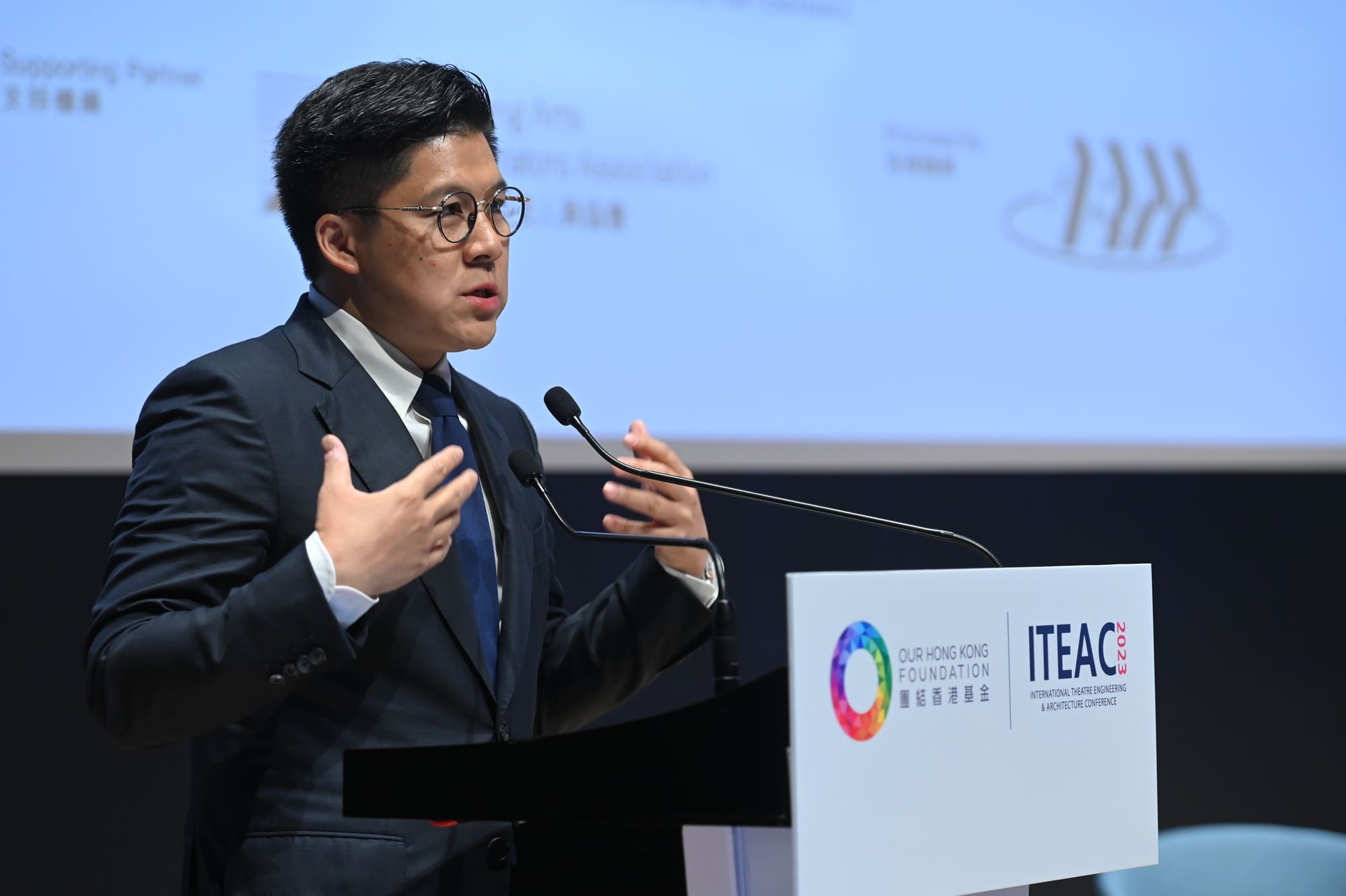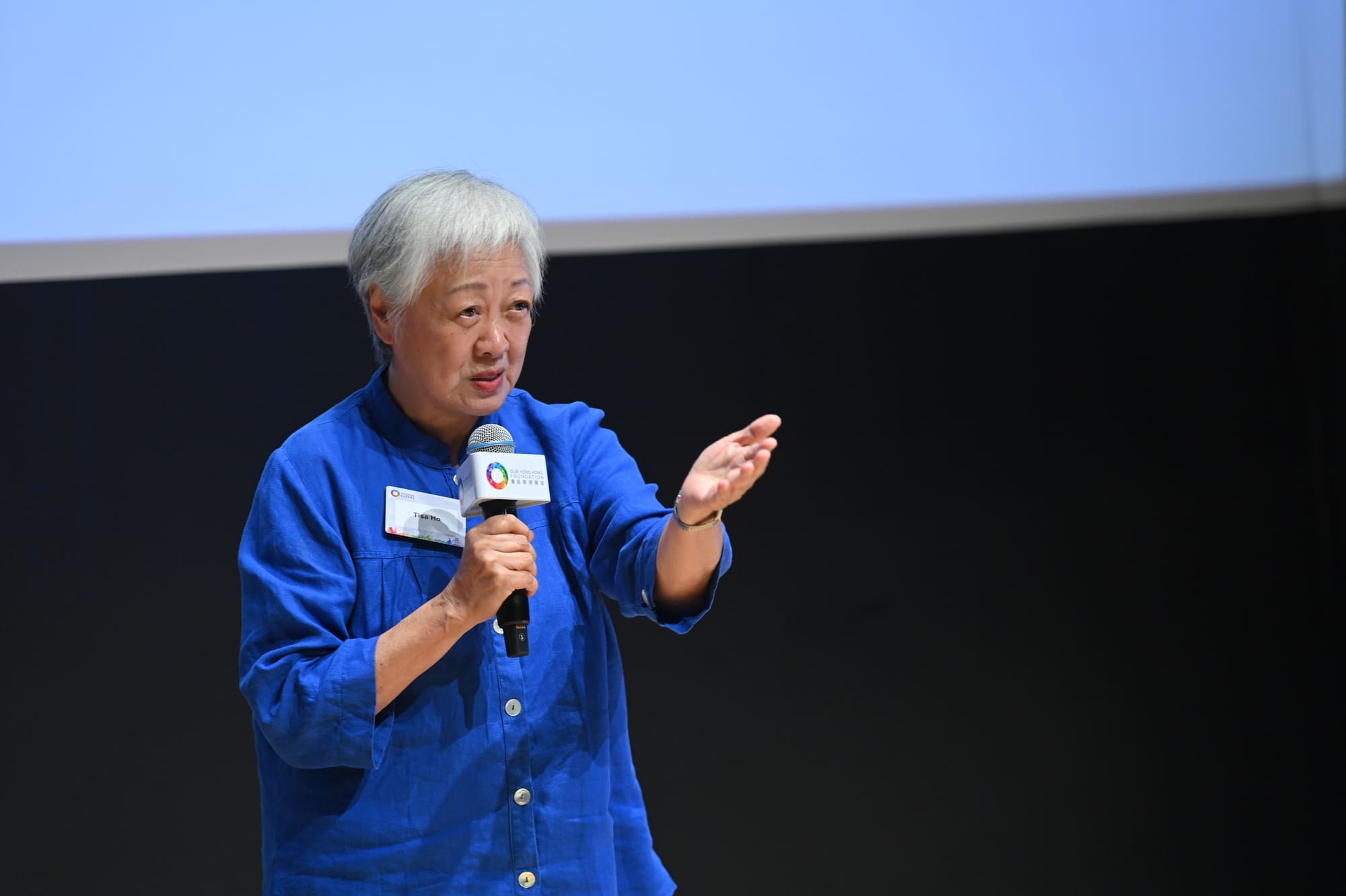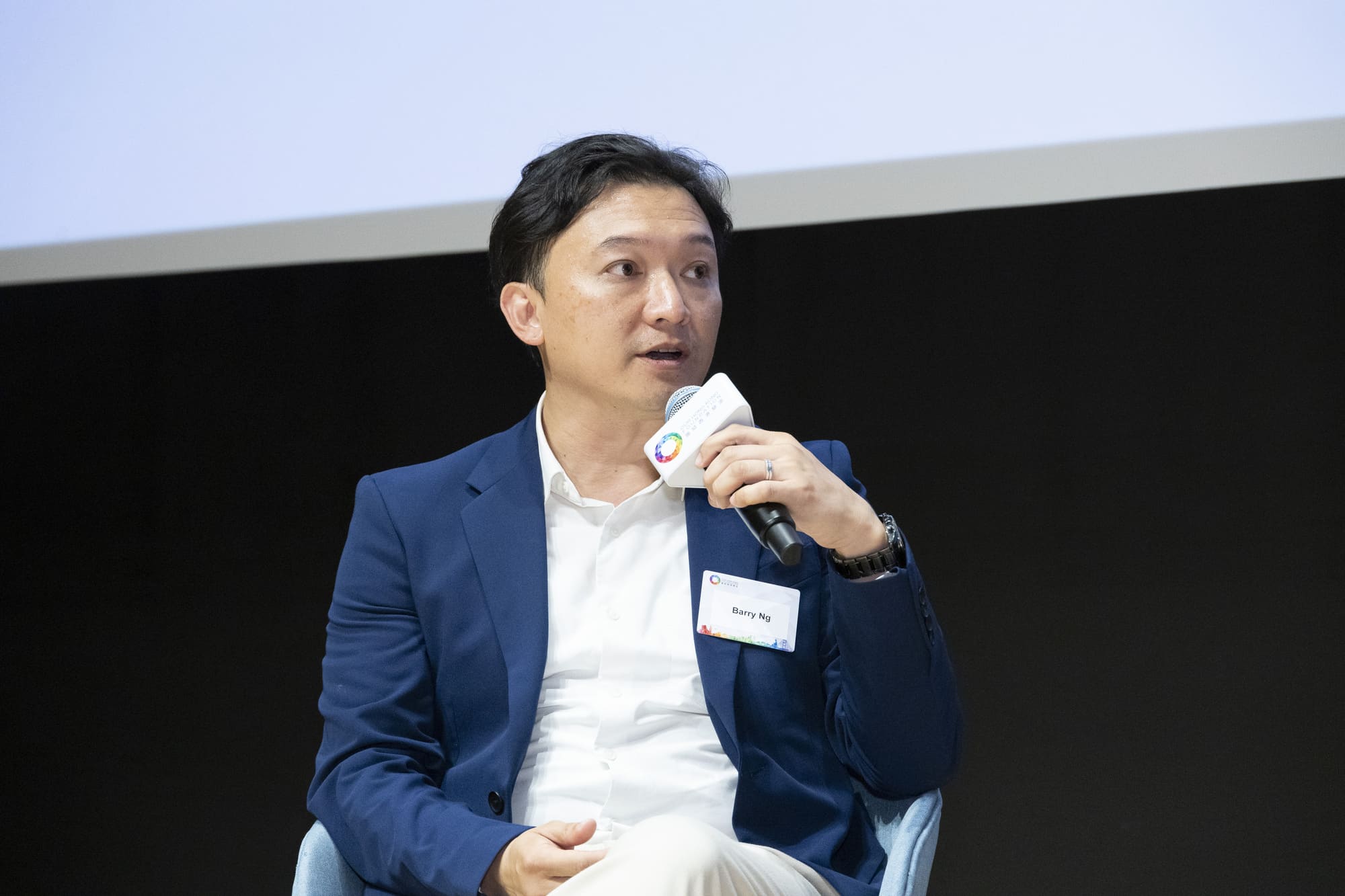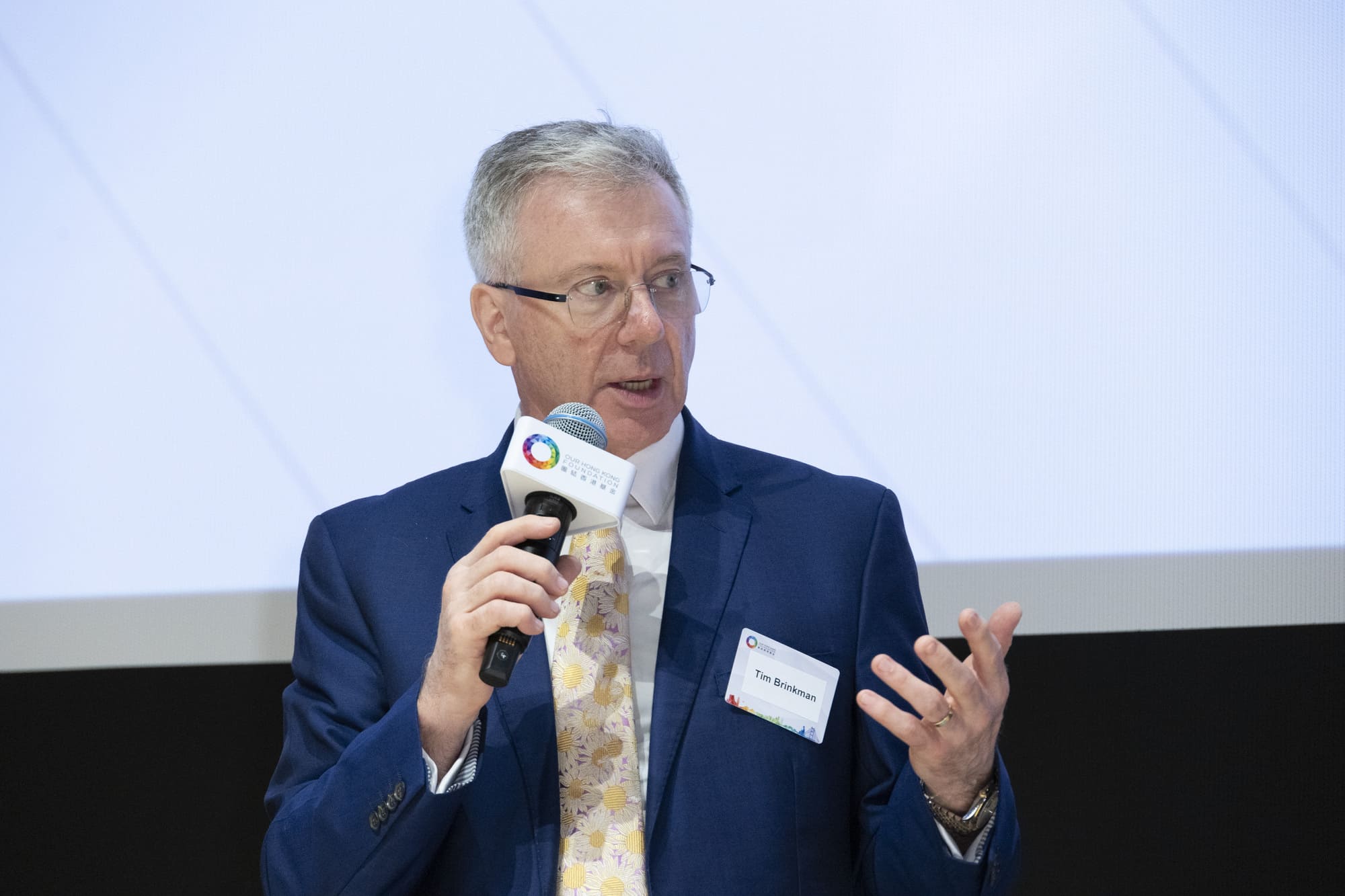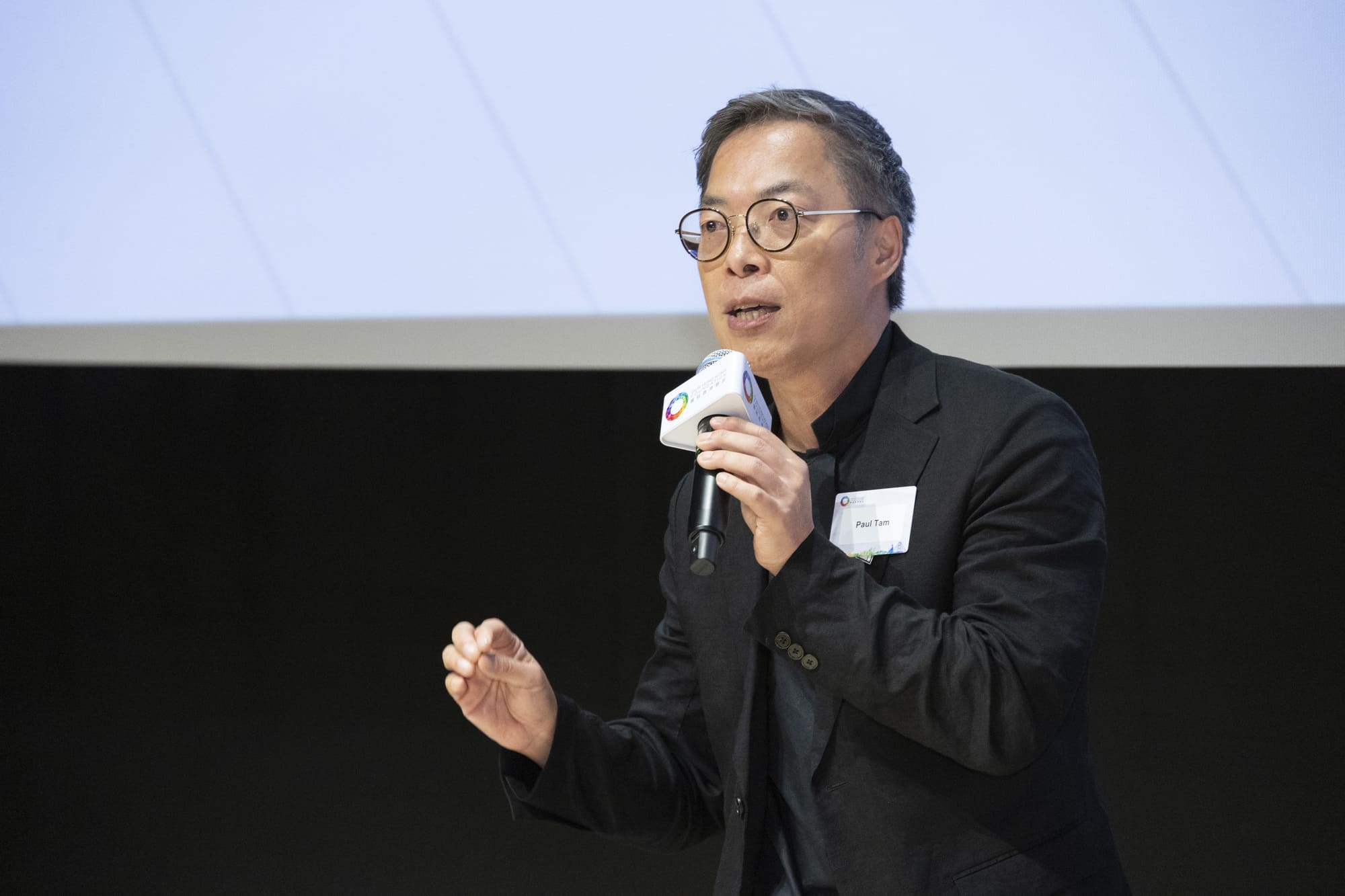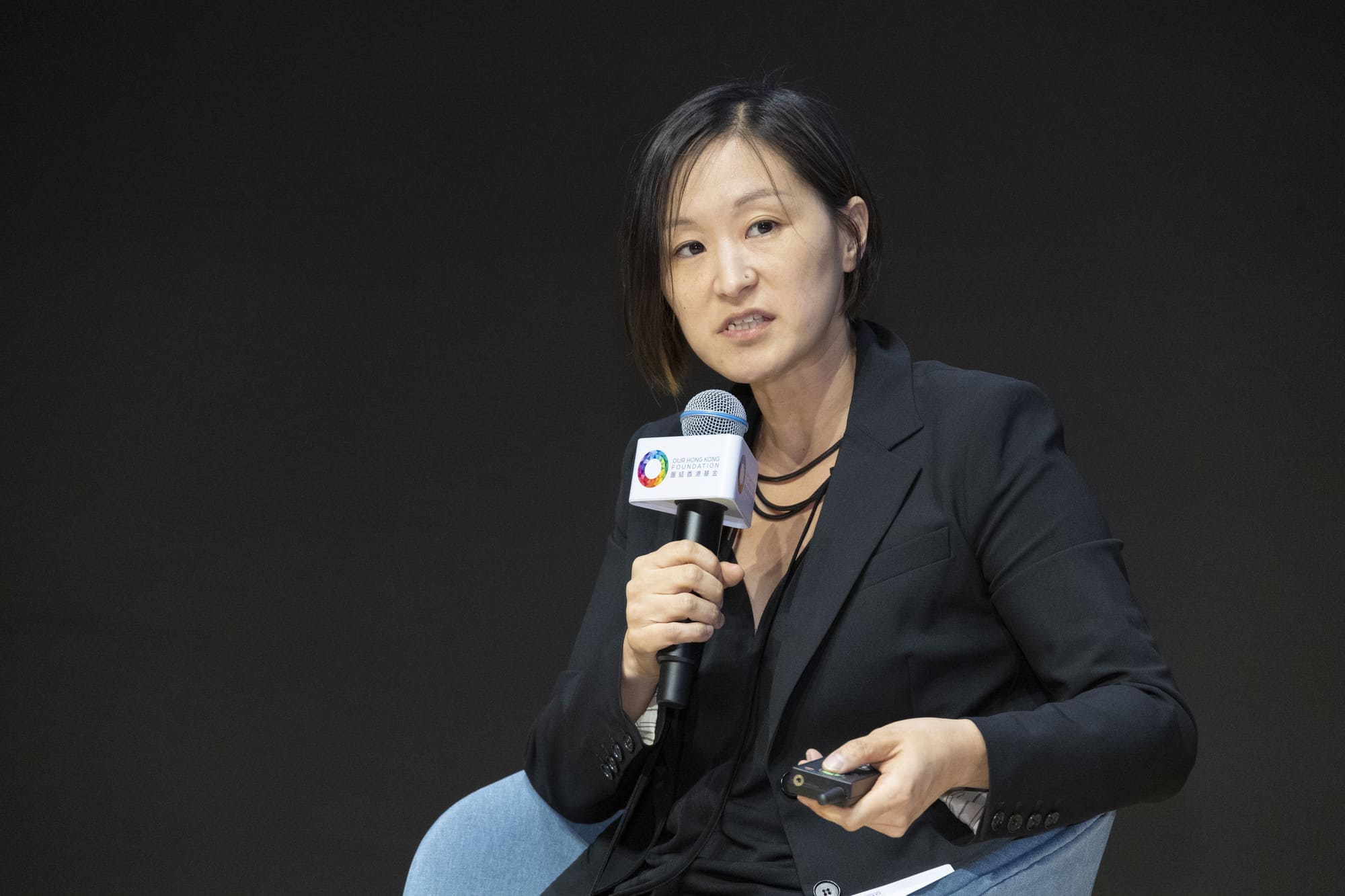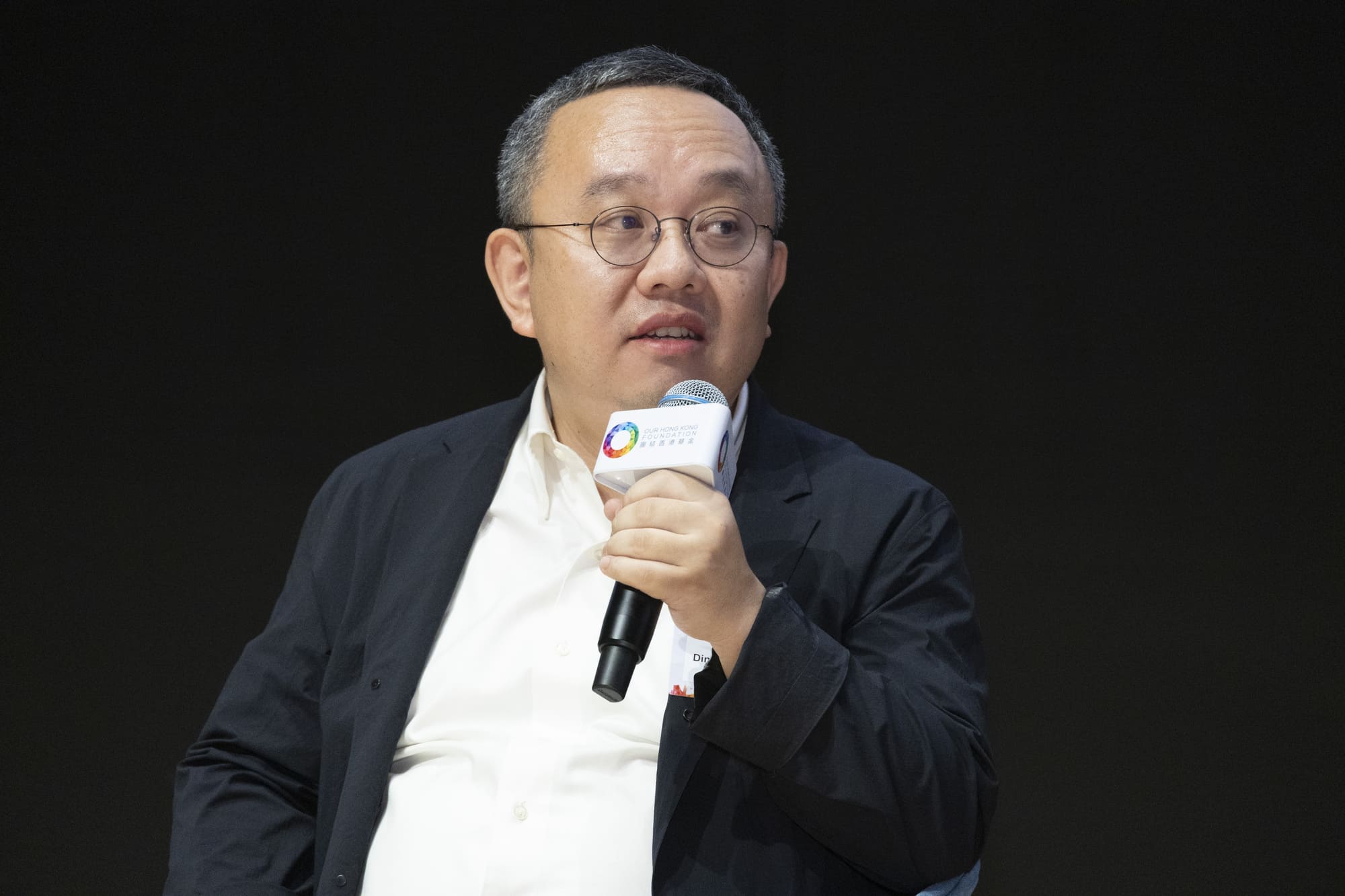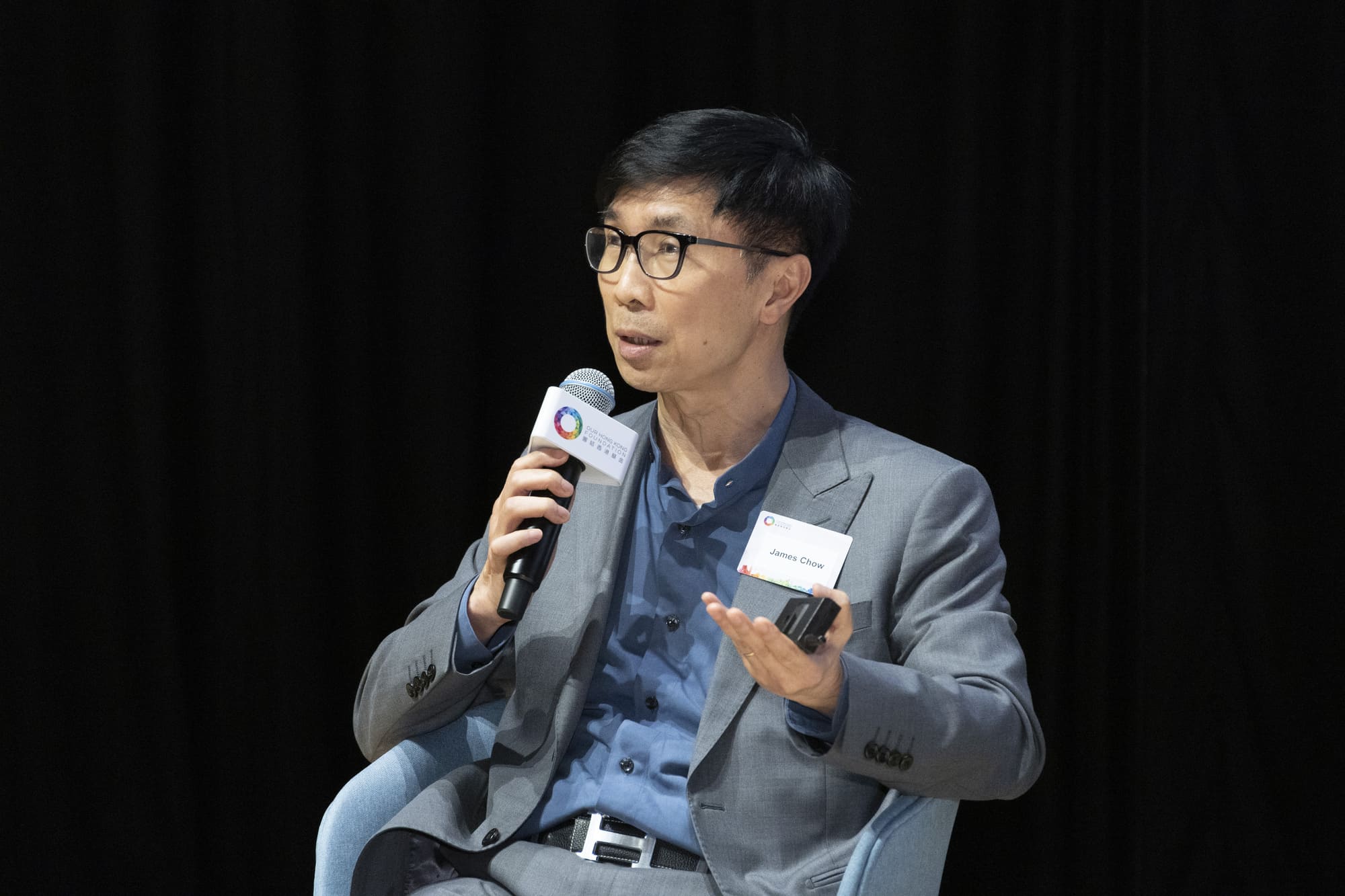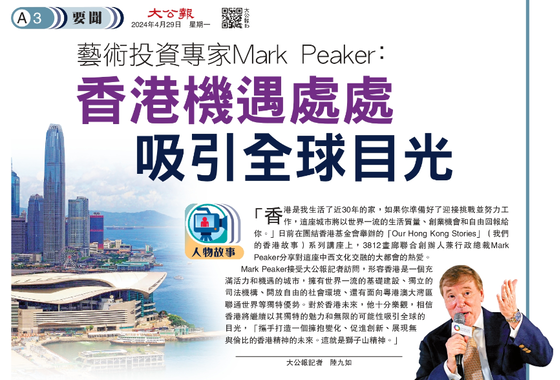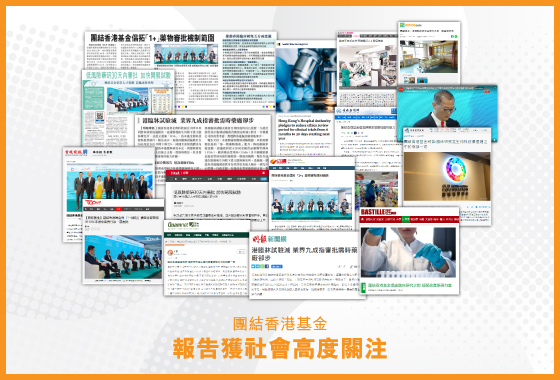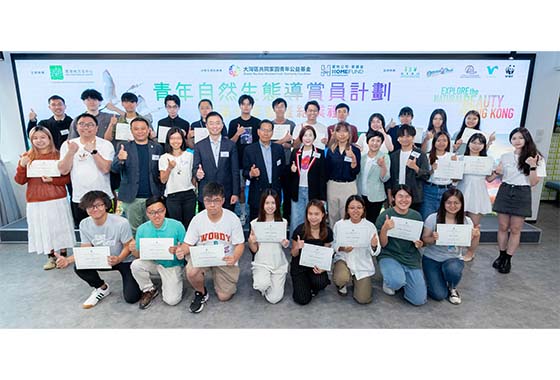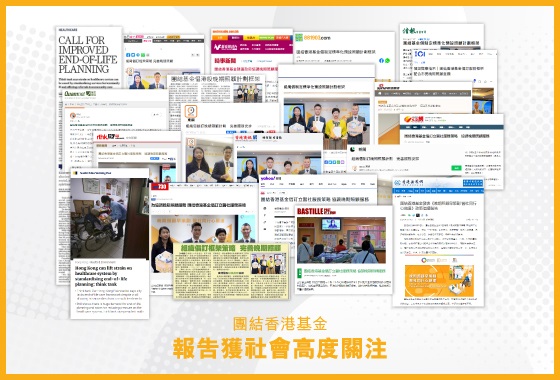2023 International Theatre Engineering & Architecture Conference (ITEAC)
Our Hong Kong Foundation Presents
2023 International Theatre Engineering & Architecture Conference (ITEAC)
(21 September 2023, Hong Kong) Our Hong Kong Foundation (OHKF) presented the 2023 International Theatre Engineering and Architecture Conference (ITEAC) in Hong Kong yesterday evening, the first time ever this global event is held in Hong Kong. It was an extension from the master ITEAC held in London and one of five branch conferences held simultaneously in Australia, Brazil, Colombia and Japan, with real time interaction across different geographies and culture.
Arts Innovation has been one of OHKF’s research focuses. In 2022, the advocacy report, Be Virtually Ready: Strategy for Future Cultural Creative Industries has aroused discussions among the authorities and the general public about the potential and capability of developing Hong Kong’s arts technology to fulfil the national empowered visions as both a cultural exchange hub and an intellectual property trading hub.
The conference featured a Keynote session with live conversation with ITEAC London Chairs, and two panel discussions which highlighted perspectives from directorates, chief producers and managers from governments, large cultural organisations, theatres, architecture firms and developers in Hong Kong, Mumbai, Shanghai, Shenzhen and Singapore. The conference embodied cultural exchange and centred on three themes: Policy and Performance, Evolution of Theatres in the Digital Era, and the Constructing Cultural Landmarks.
In his Welcoming Remarks, OHKF Executive Vice Chairman and M+ Museum Chairman Mr Bernard Chan said, “In Hong Kong, we are the region’s most influential cultural hub brimming with innovation and characterised by opportunity and our ability to implement and connect.”
In his keynote speech, Policy & Performance: How to Strategically Develop the Arts?, Hong Kong Arts Development Council Chairman Mr Kenneth Fok expressed, “The government is taking a new stance and new direction towards culture, rather as just community engagement events. I think they are really focusing more on how culture can be a permanent player and be a driving force of Hong Kong moving forward. Not just a brand image, not just in our everyday lives, but also as pillar for economic growth.”
Mr Kenneth Fok also shared the stage with ITEAC Editorial Board Chair Mr Paddy Dillon and Association of British Theatre Technicians Chair Mr David Evans for a live conversation moderated by OHKF Researcher Ms Yolanda Lam. Together, they explored the impact of local polices on the development of the arts.
The first panel discussion, Evolution of Theatres in the Digital Era: Hong Kong, Mumbai and Singapore, featured East Kowloon Cultural Centre Senior Manager Mr Barry Ng, The Esplanade Co Ltd Head of Technical Productions Mr Kenny Wong and Nita Mukesh Ambani Cultural Centre Head Mr Tim Brinkman, with ITEAC Editorial Board Member and former Executive Director of Hong Kong Arts Festival Ms Tisa Ho as the moderator.
The conference then entered the second panel to explore Constructing Cultural Landmarks: Hong Kong, Shenzhen and Shanghai. The panelists were Shenzhen Municipal Bureau of Culture, Sports, Tourism, Radio & Television Deputy Director-General Mr Ding Zhong Yuan, West Kowloon Cultural District Authority Executive Director for Performing Arts Mr Paul Tam, UNStudio Director Ms Garett Hwang, and Shun Tak Holdings Limited Head of Commercial Real Estate Mr James Chow. The session was moderated by Tai Kwun Arts Director Mr Timothy Calnin.
